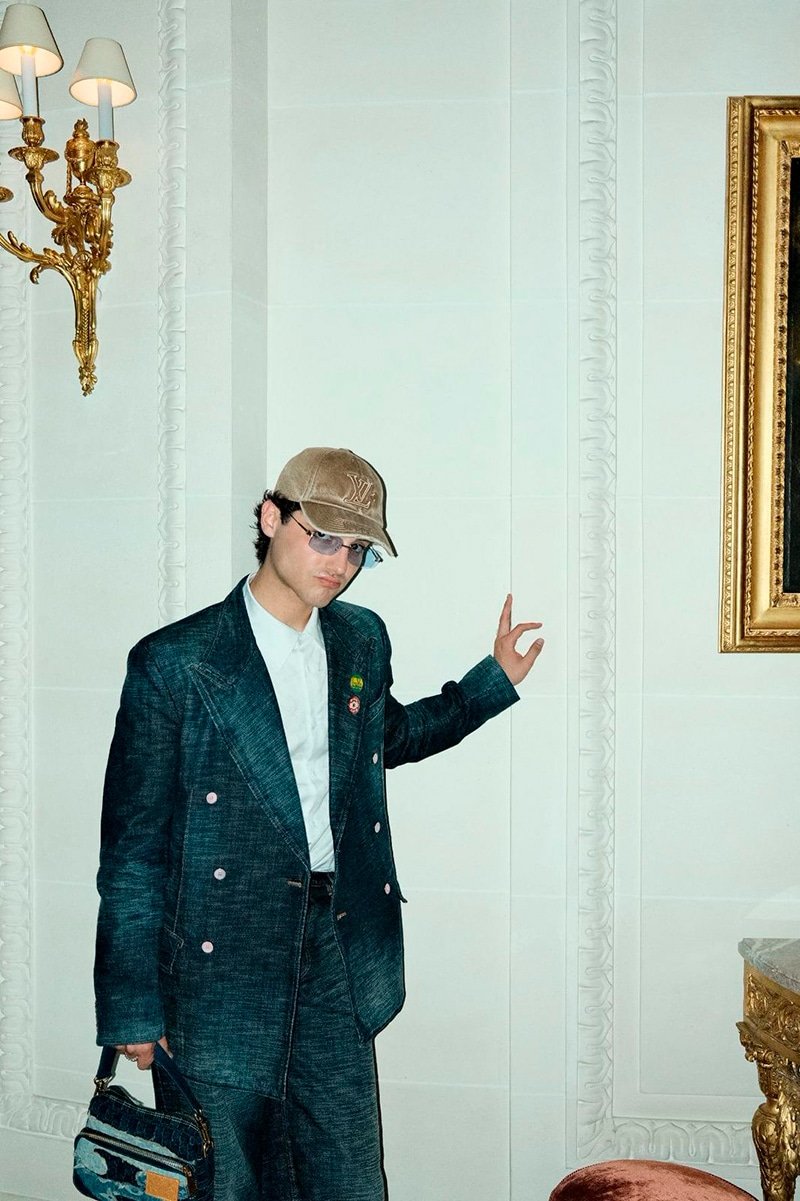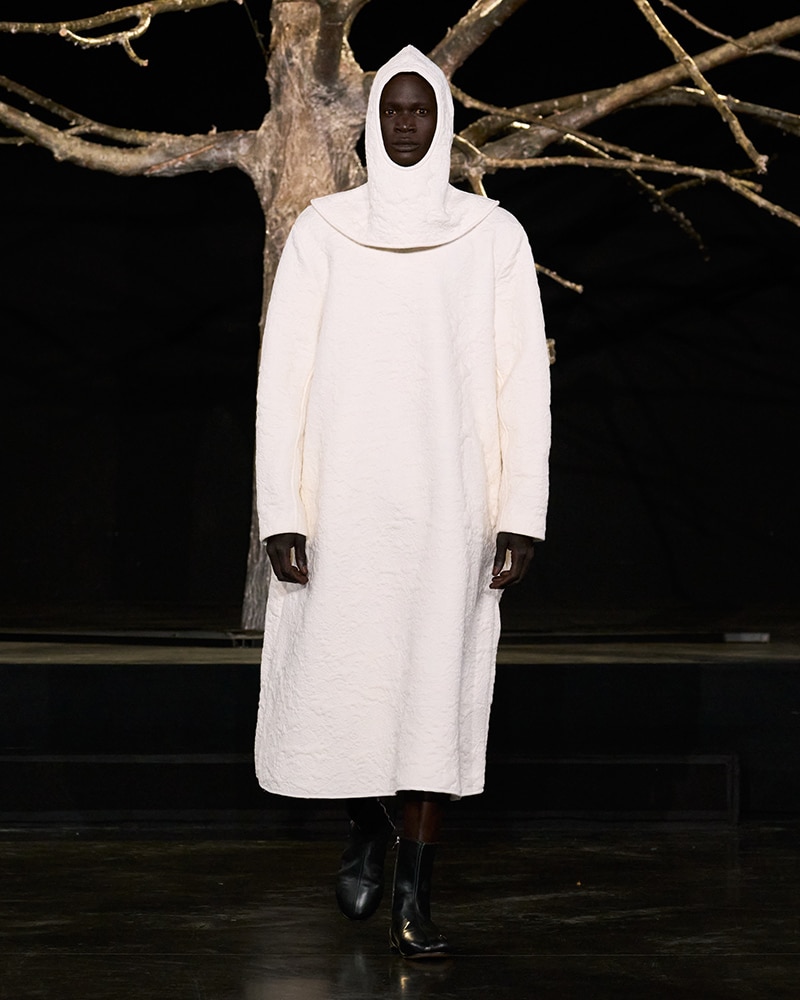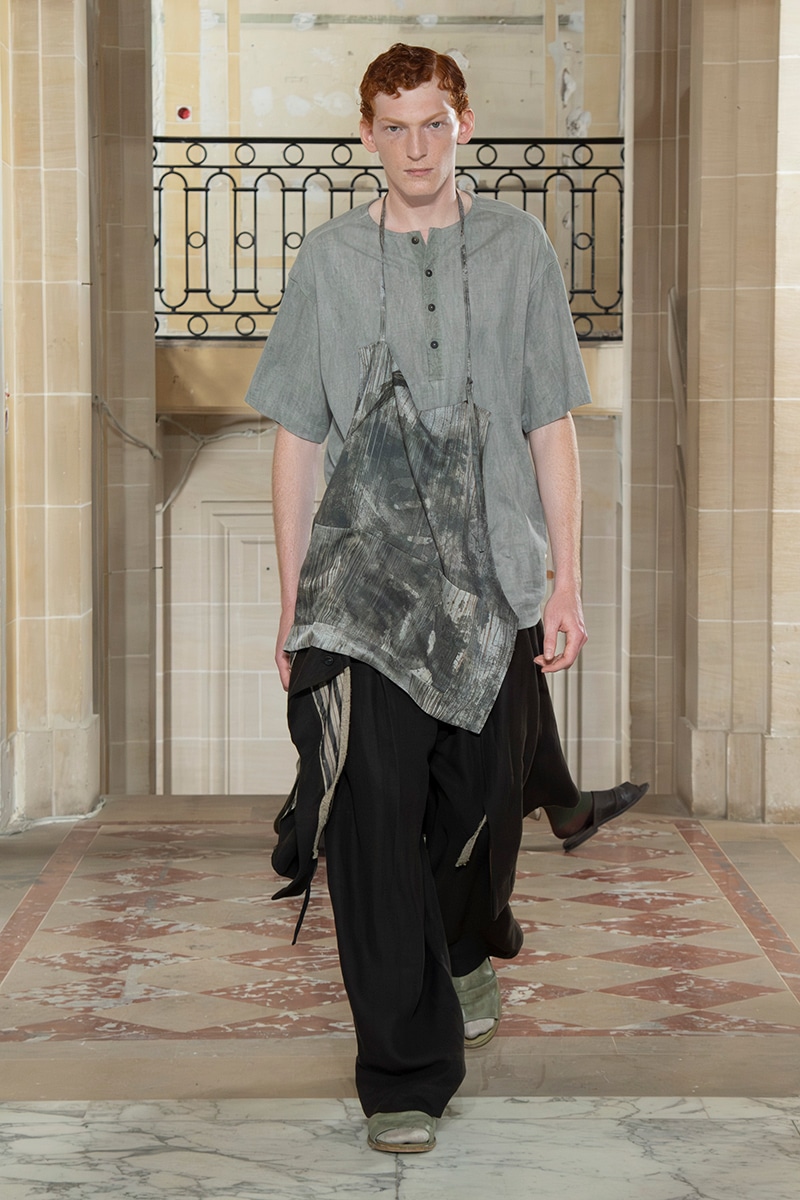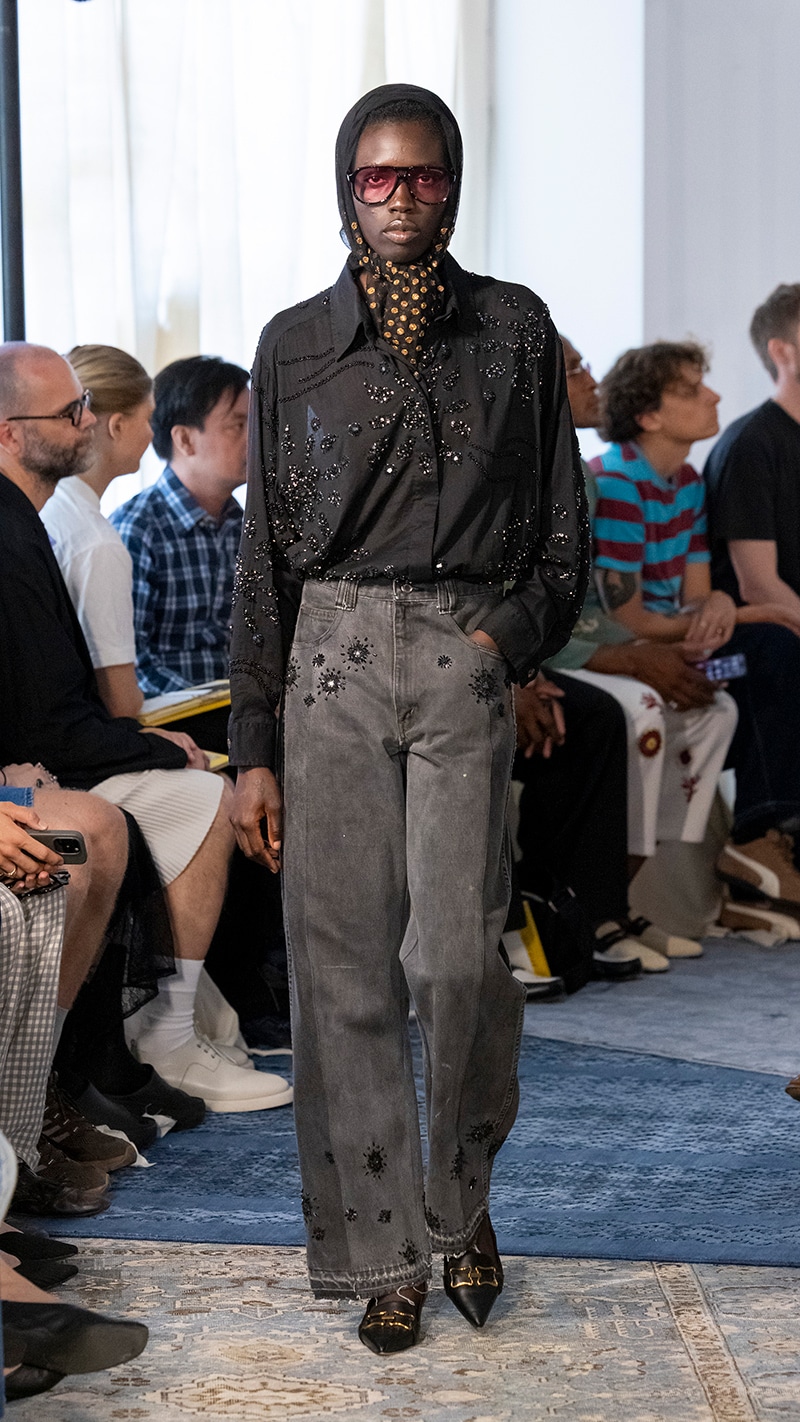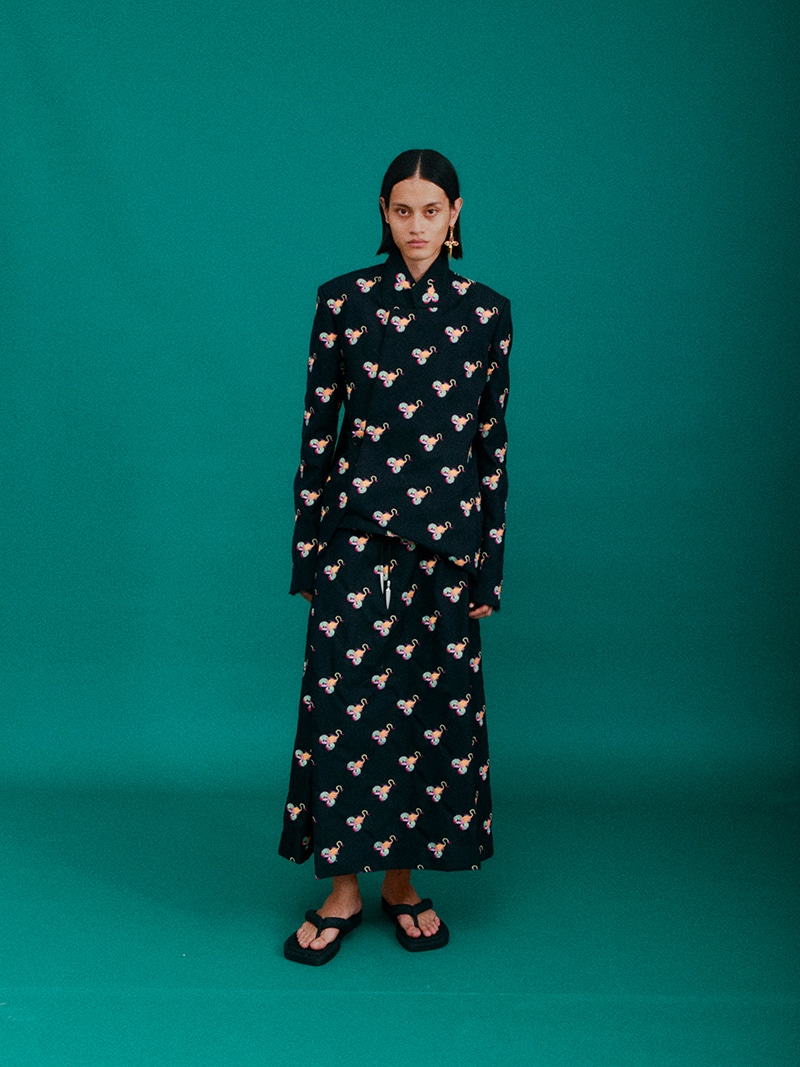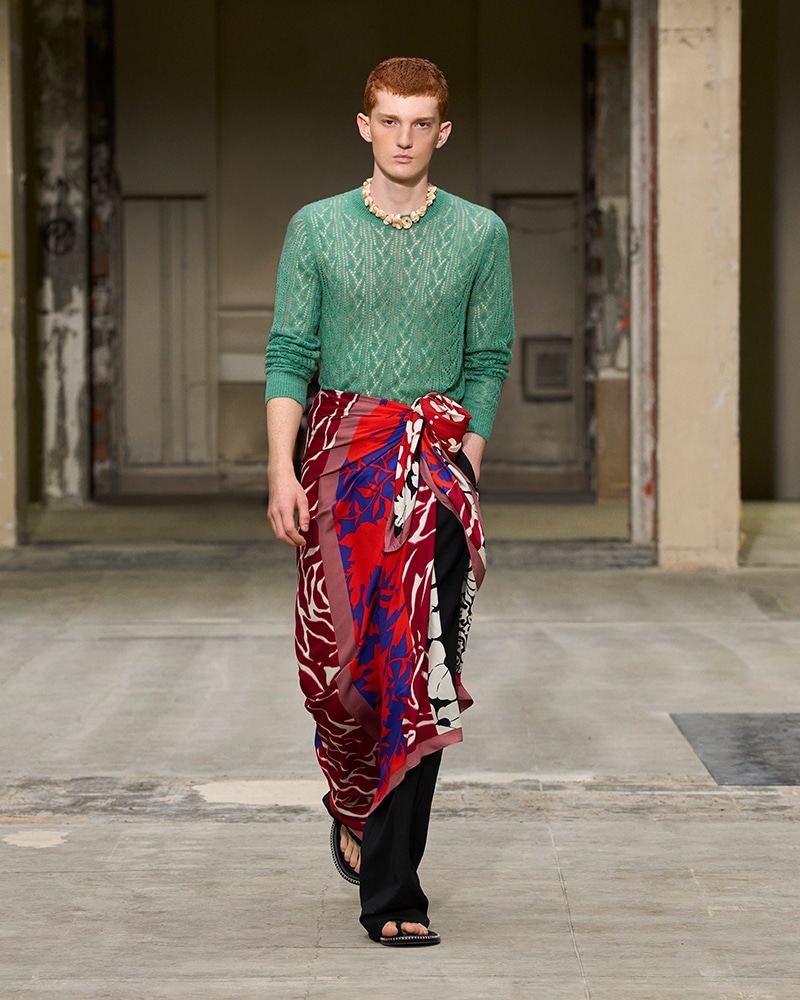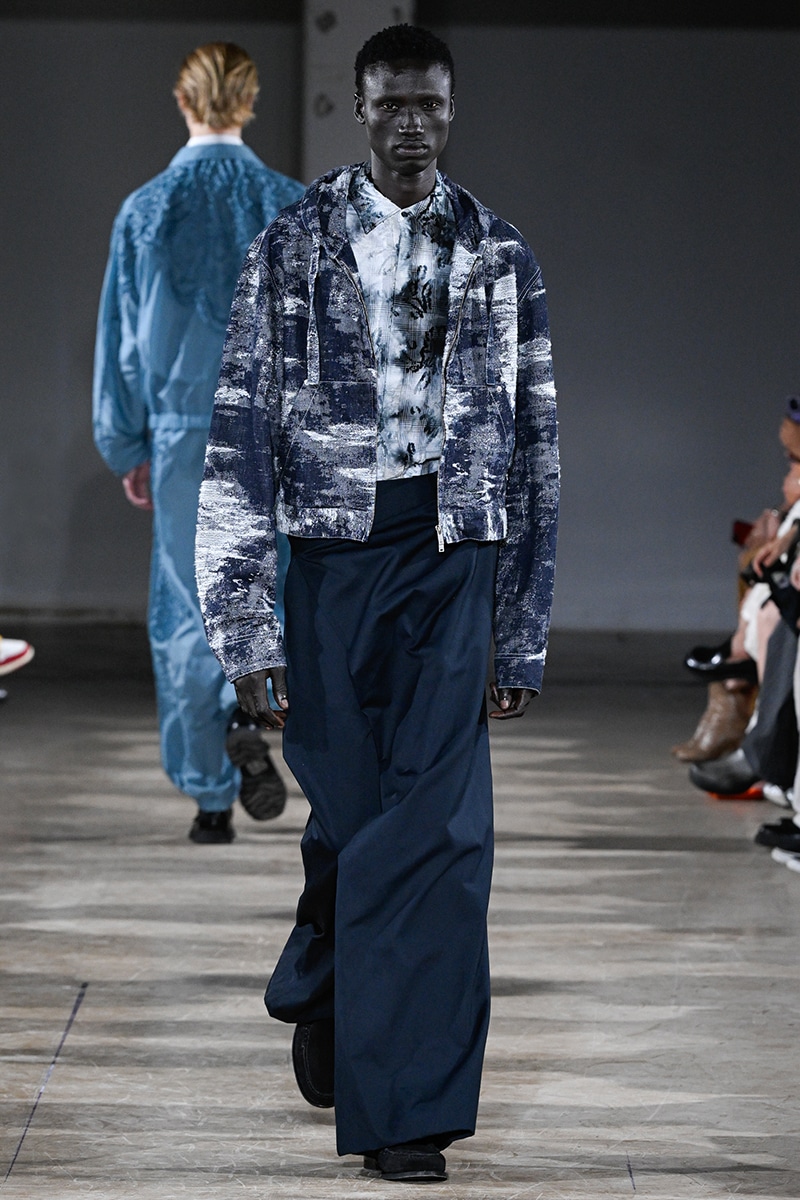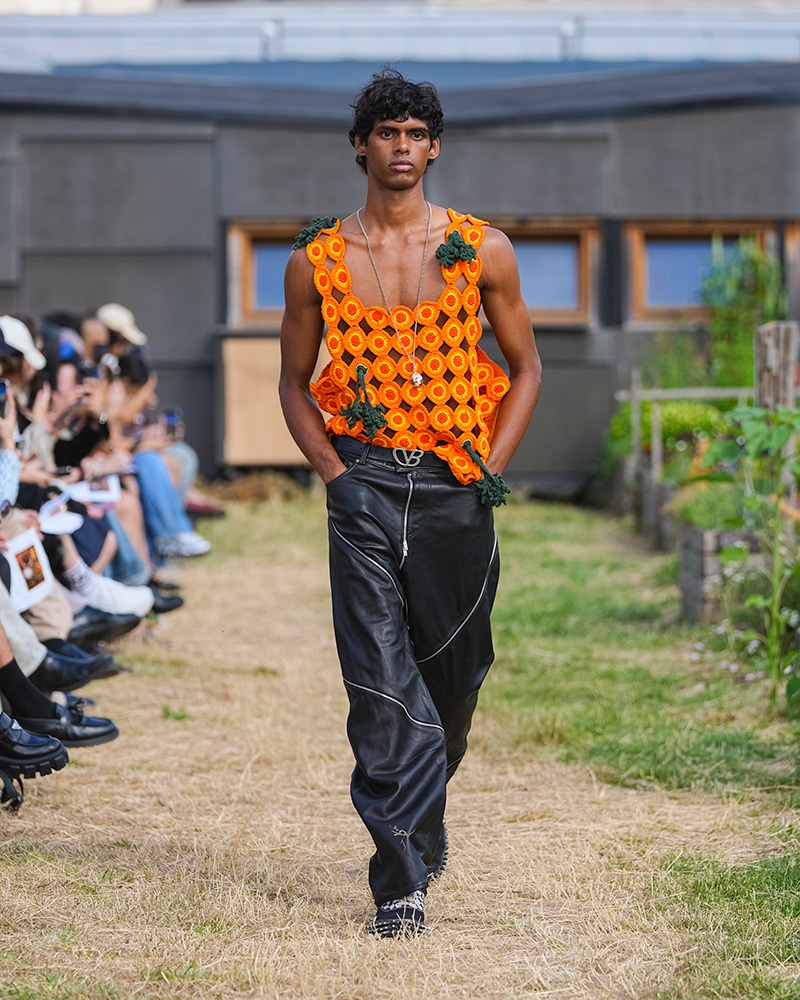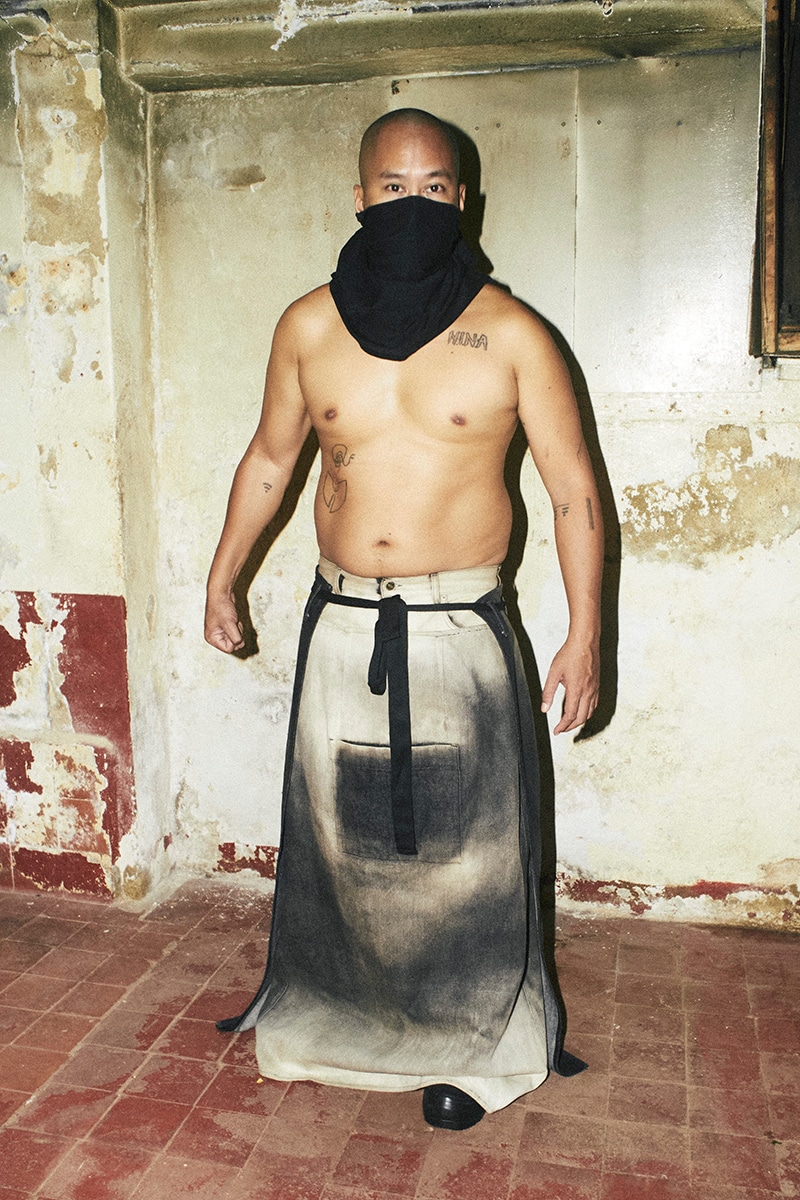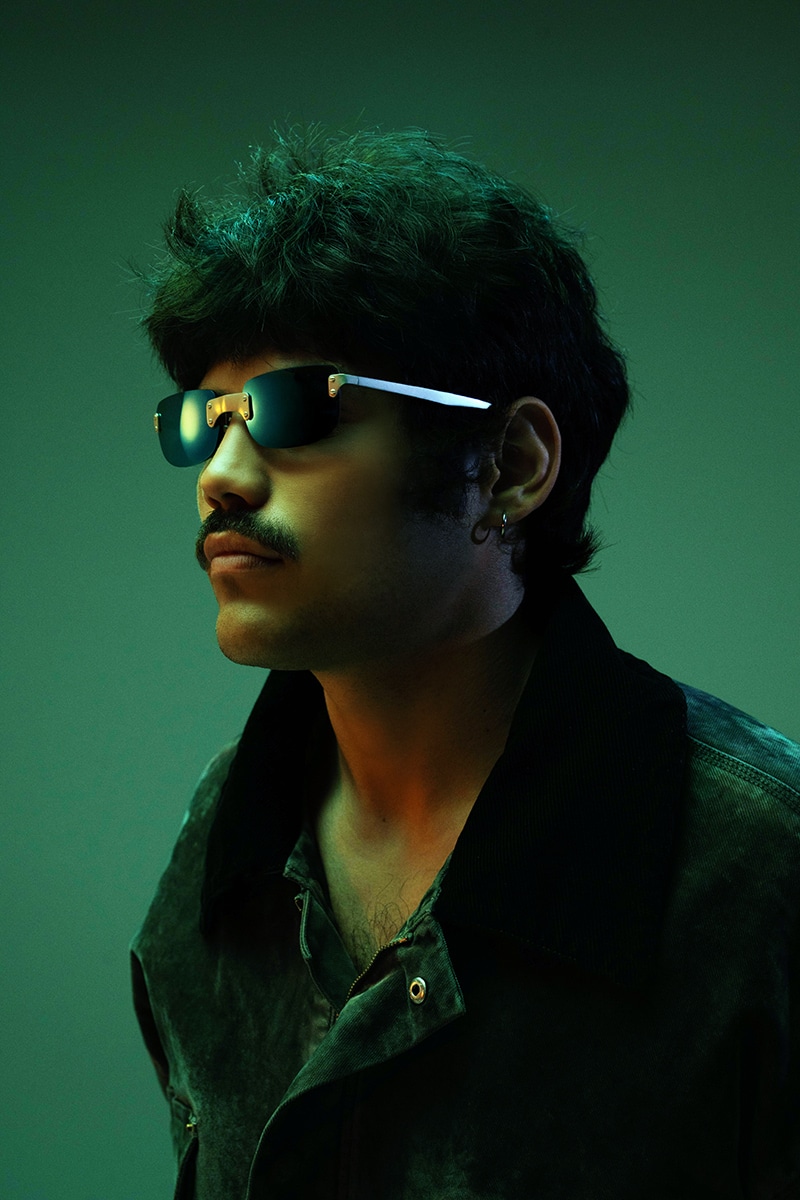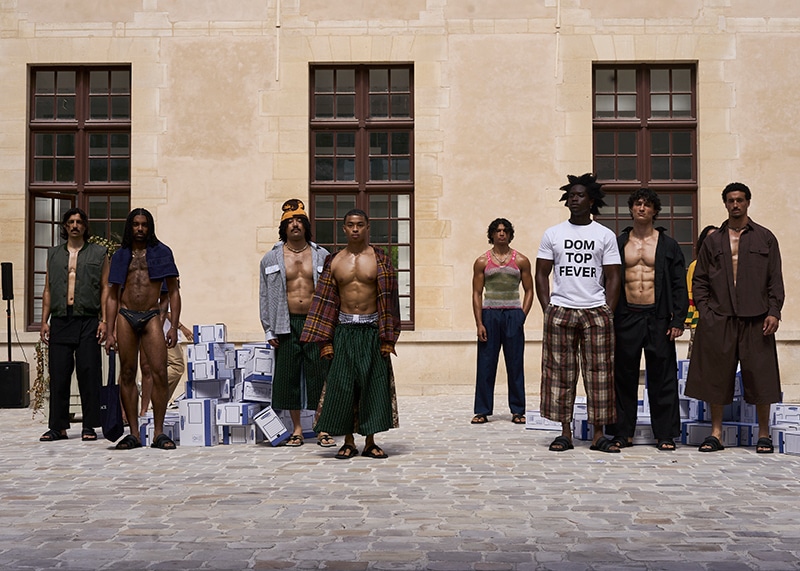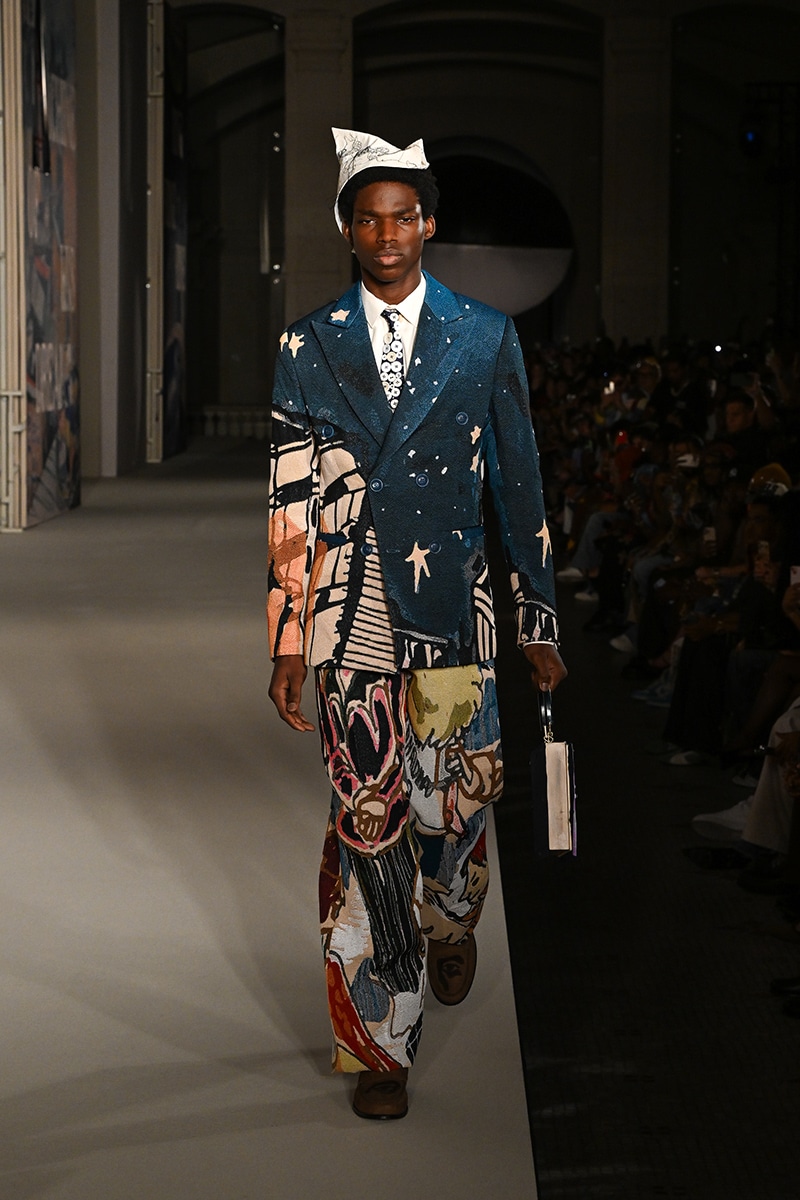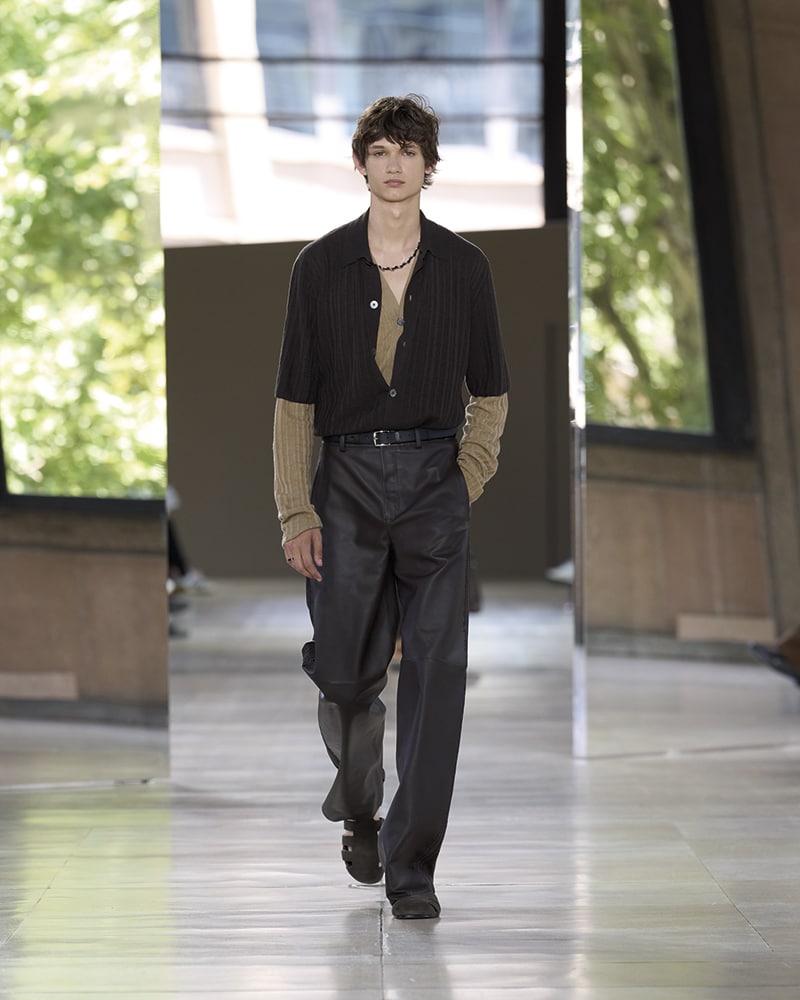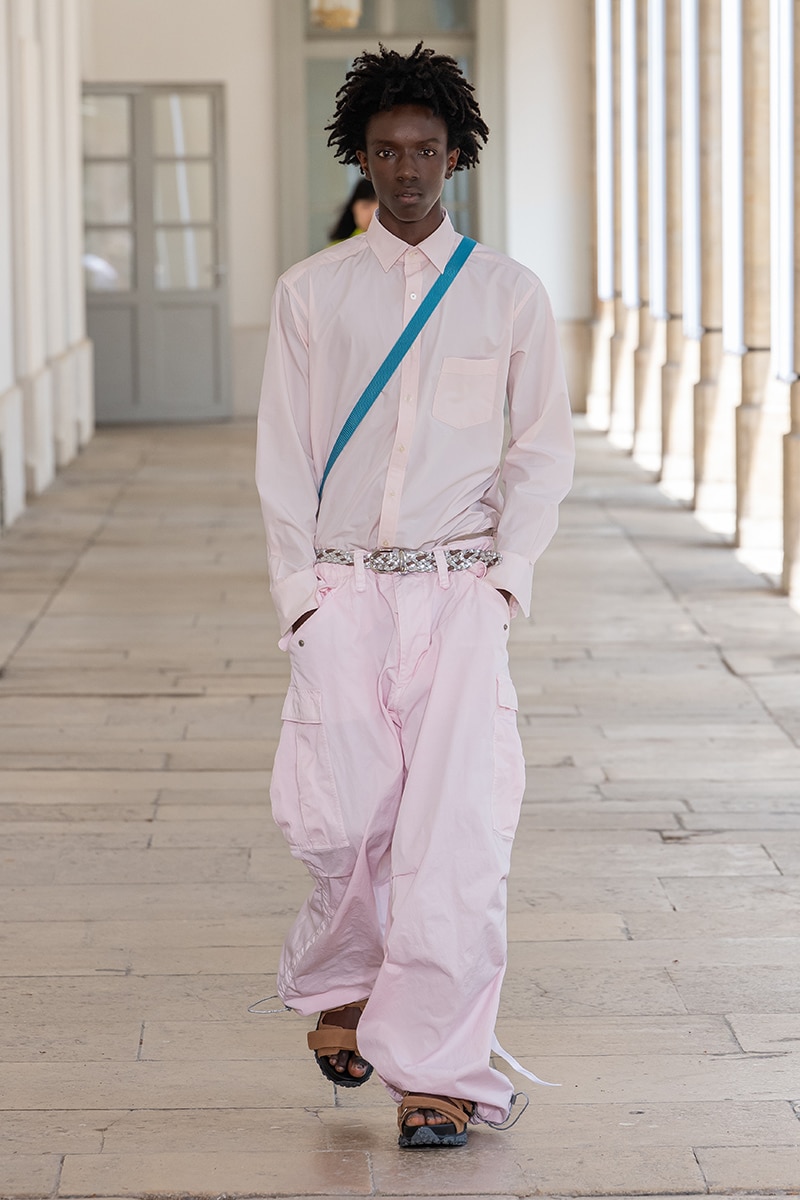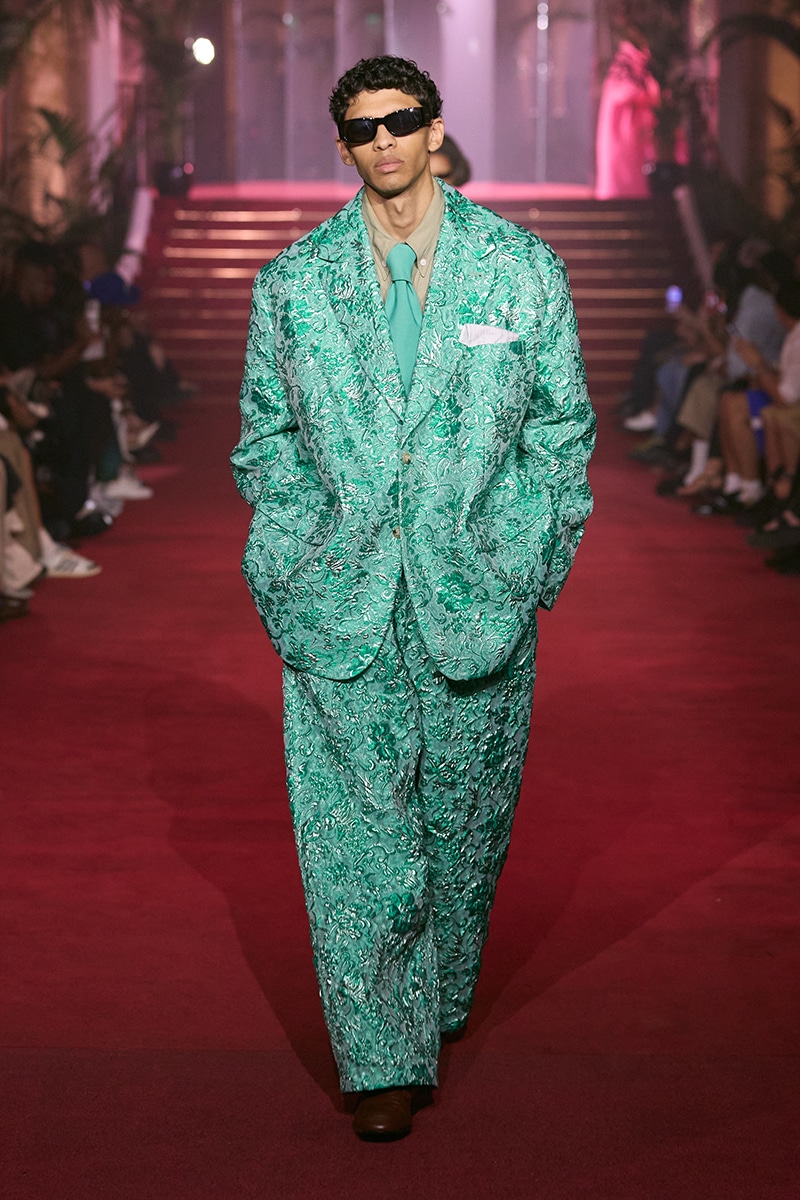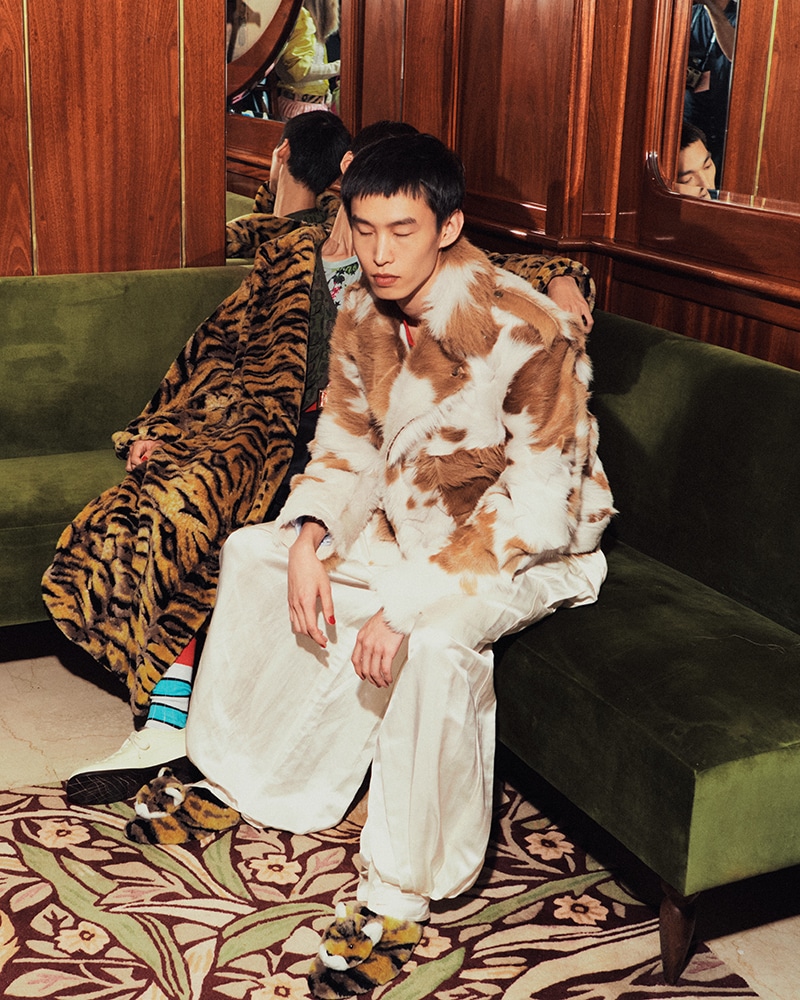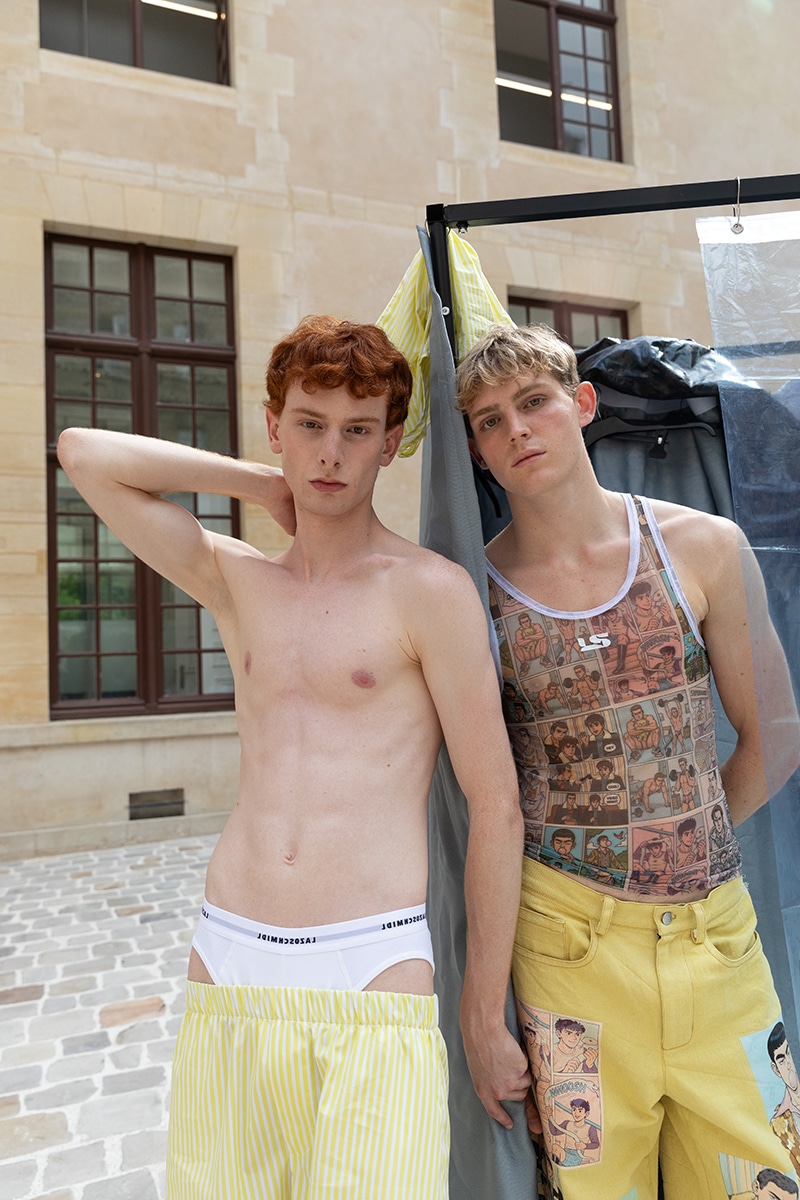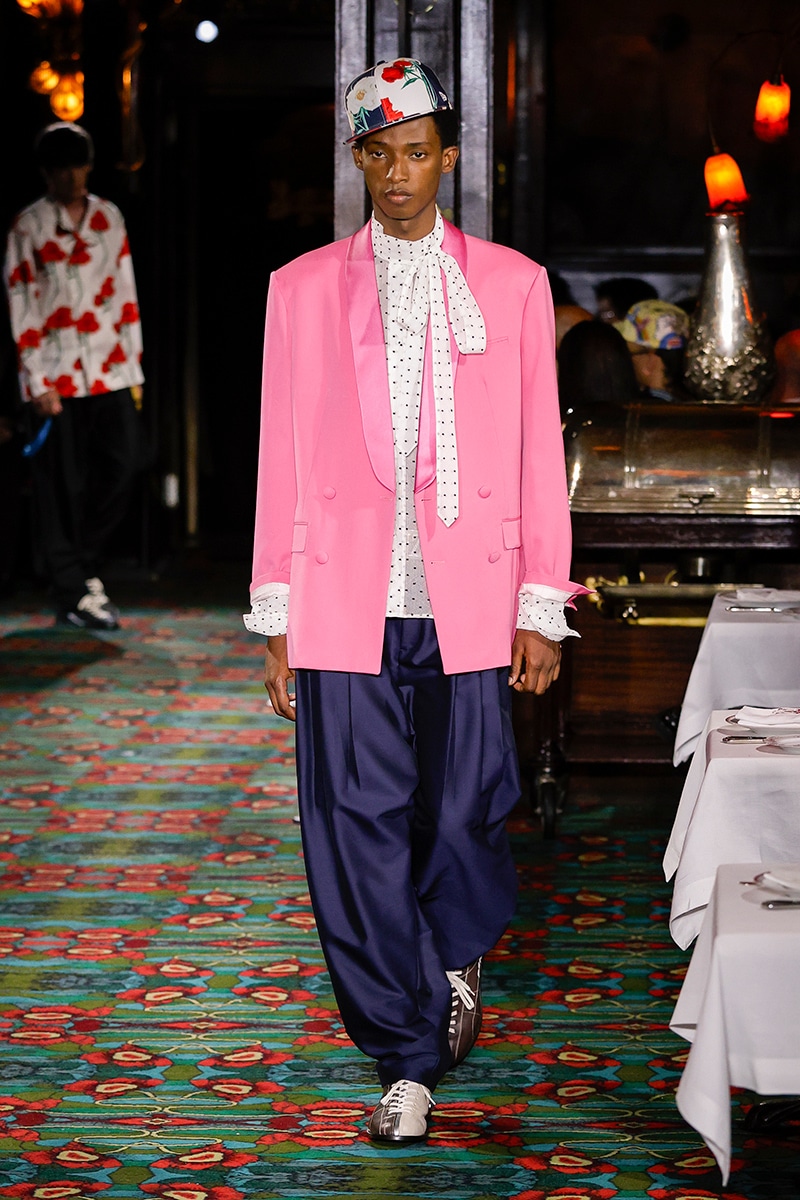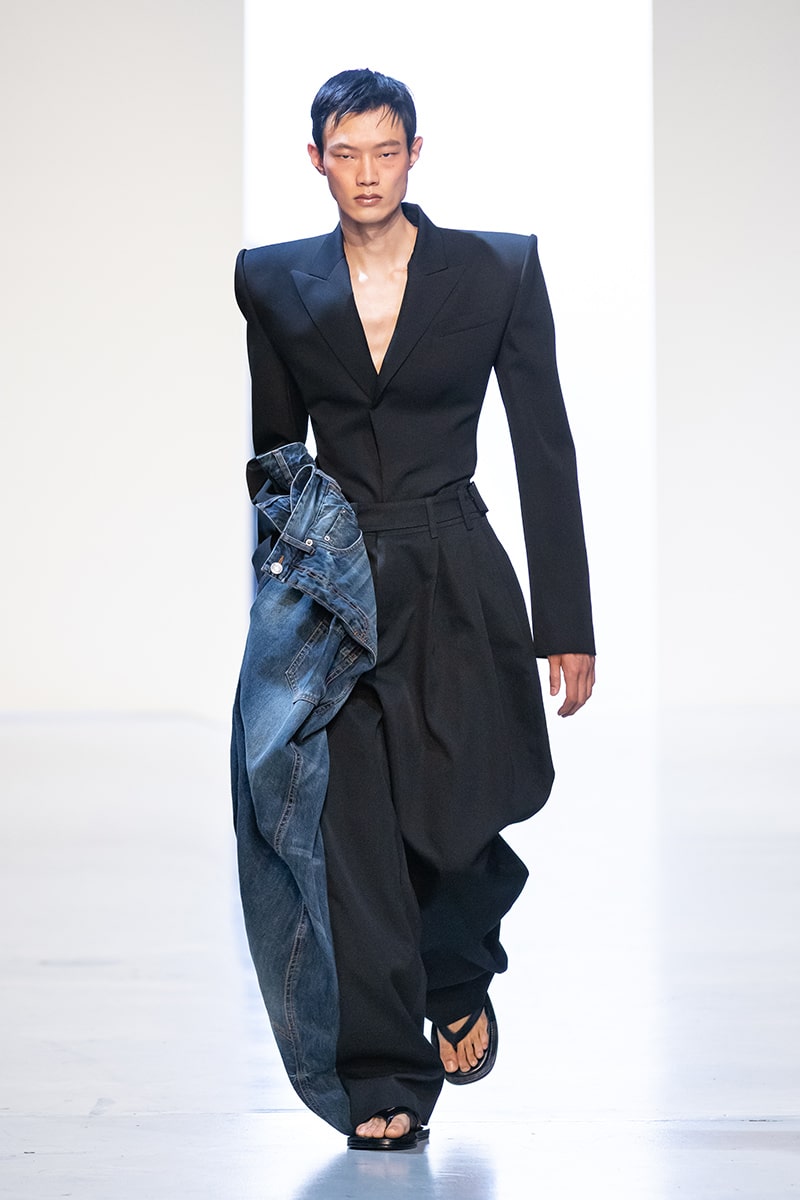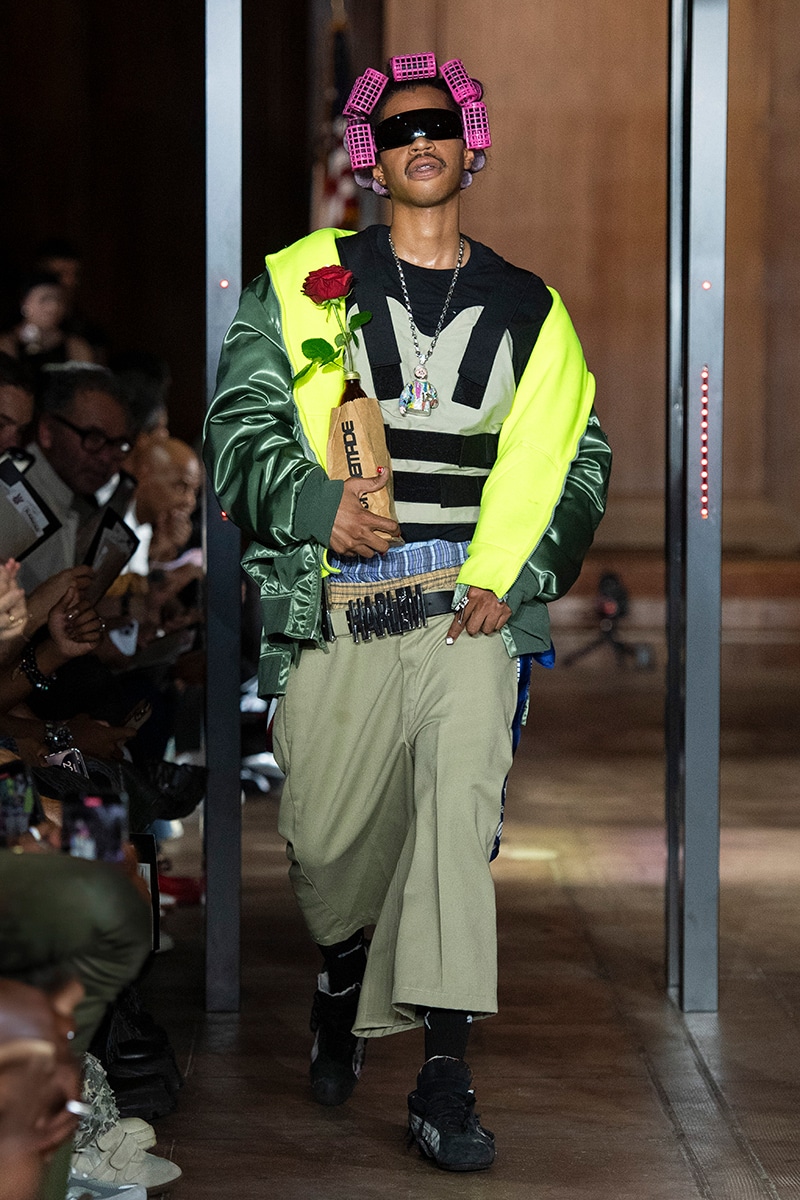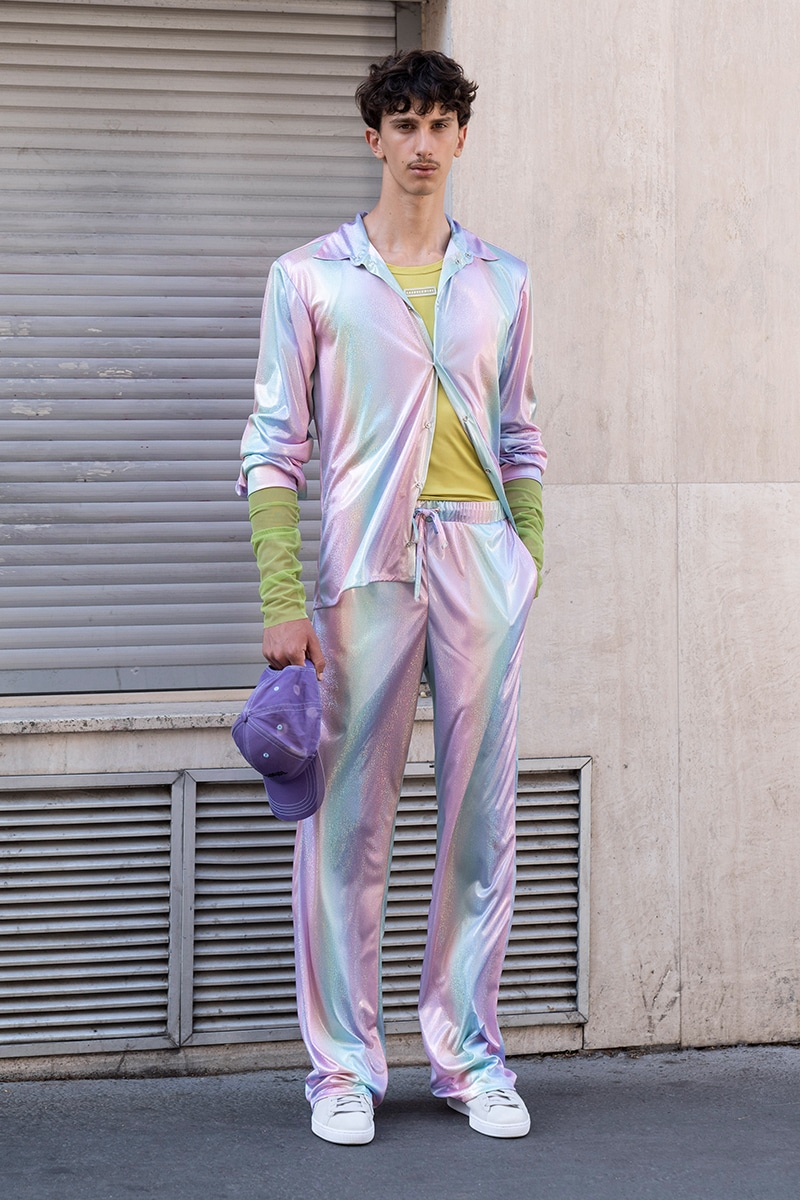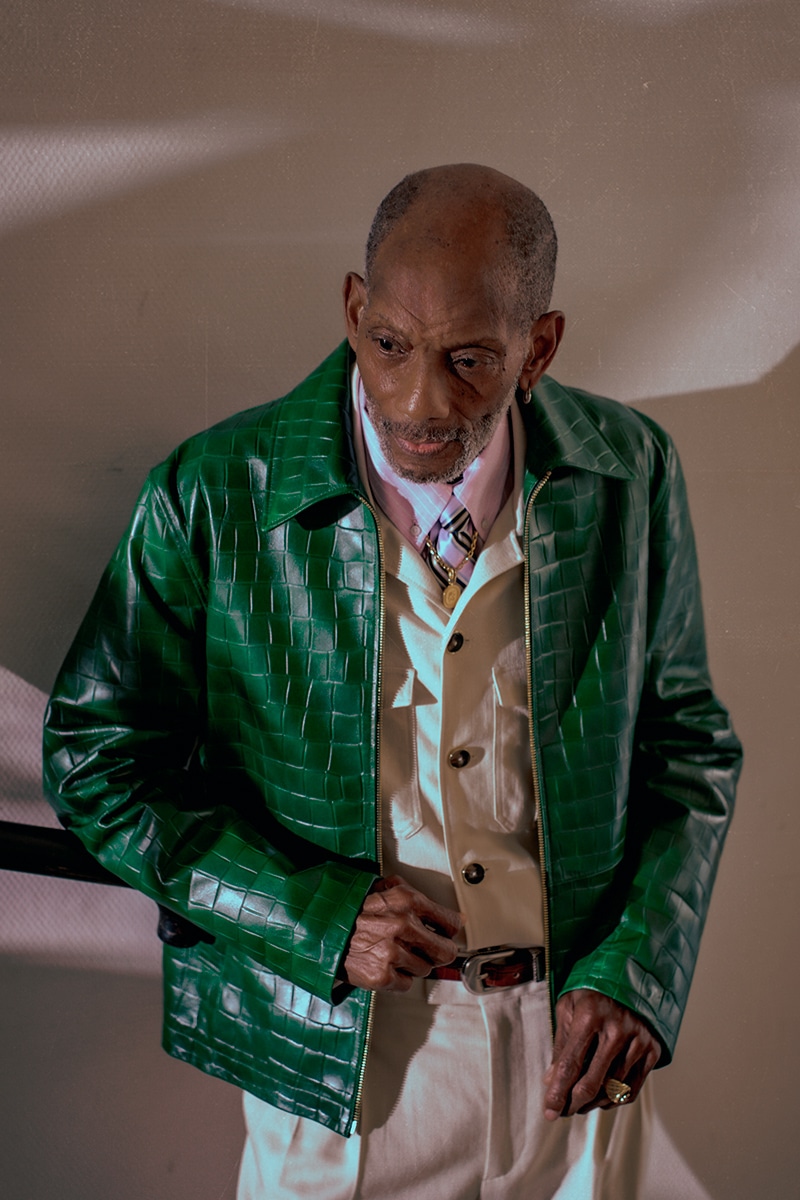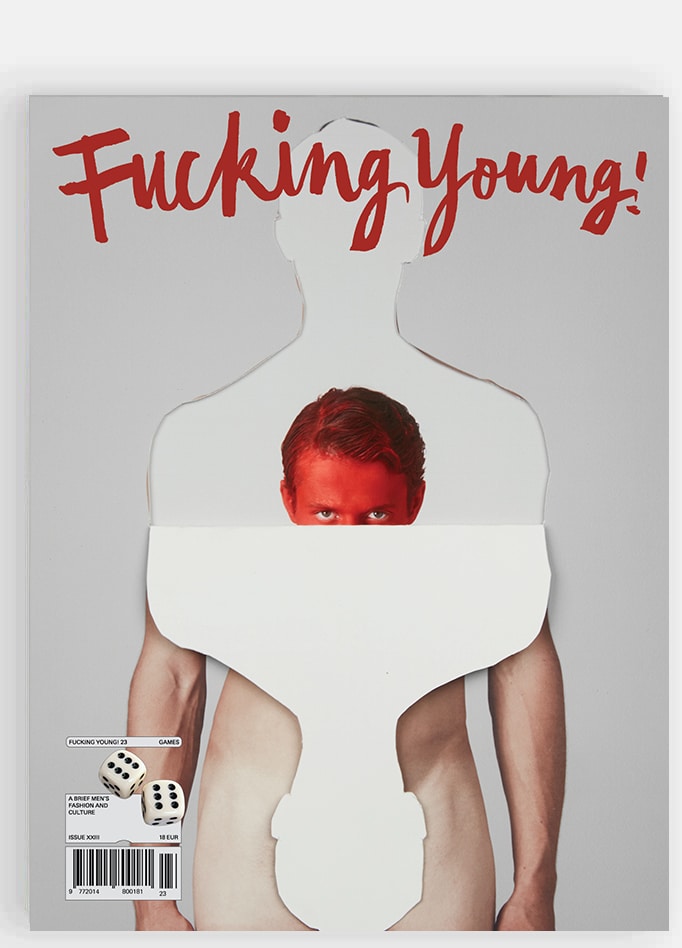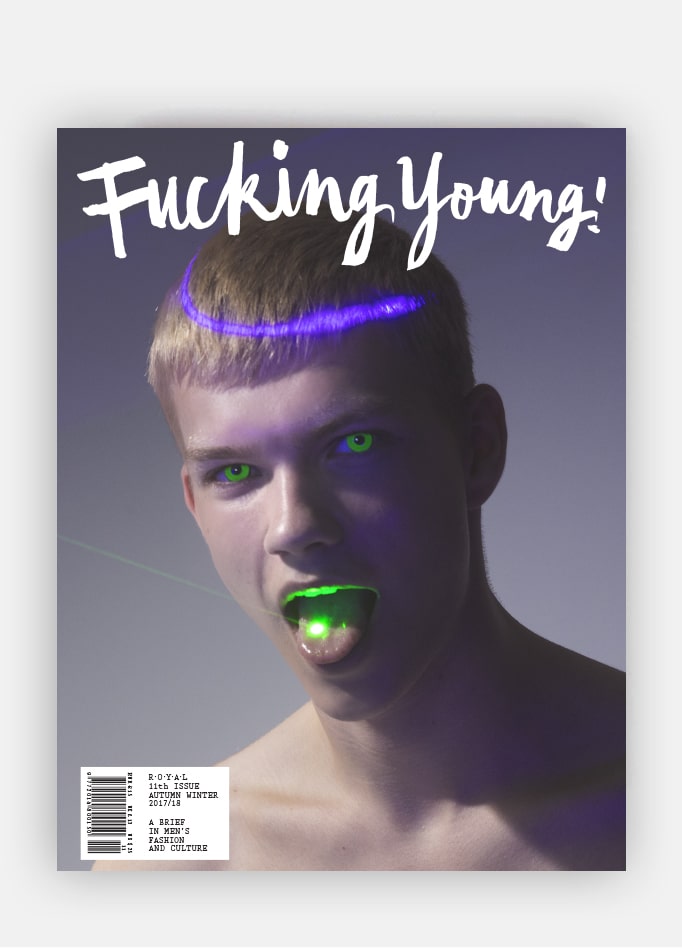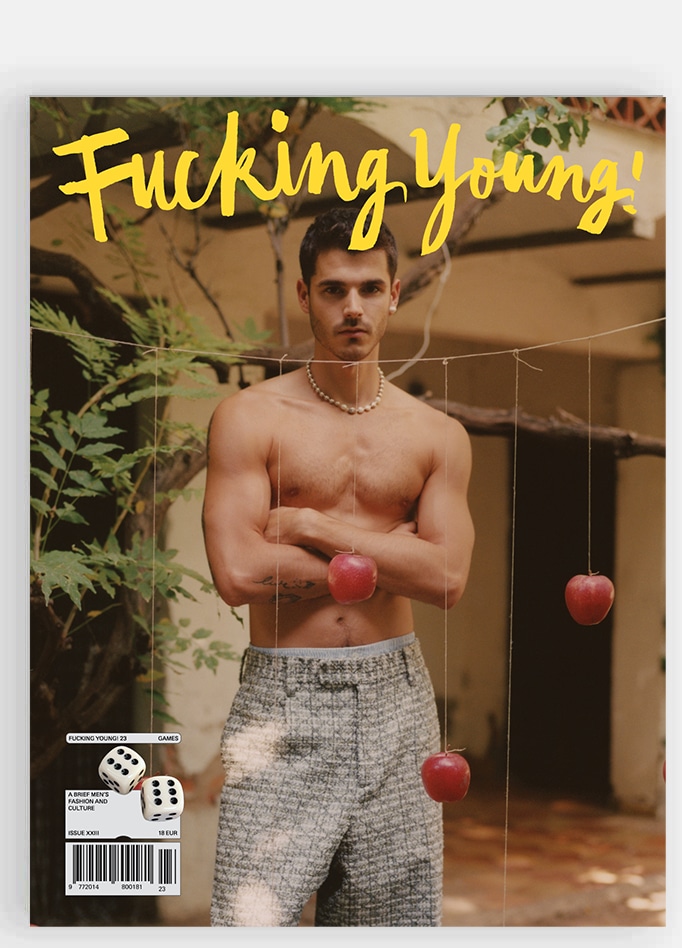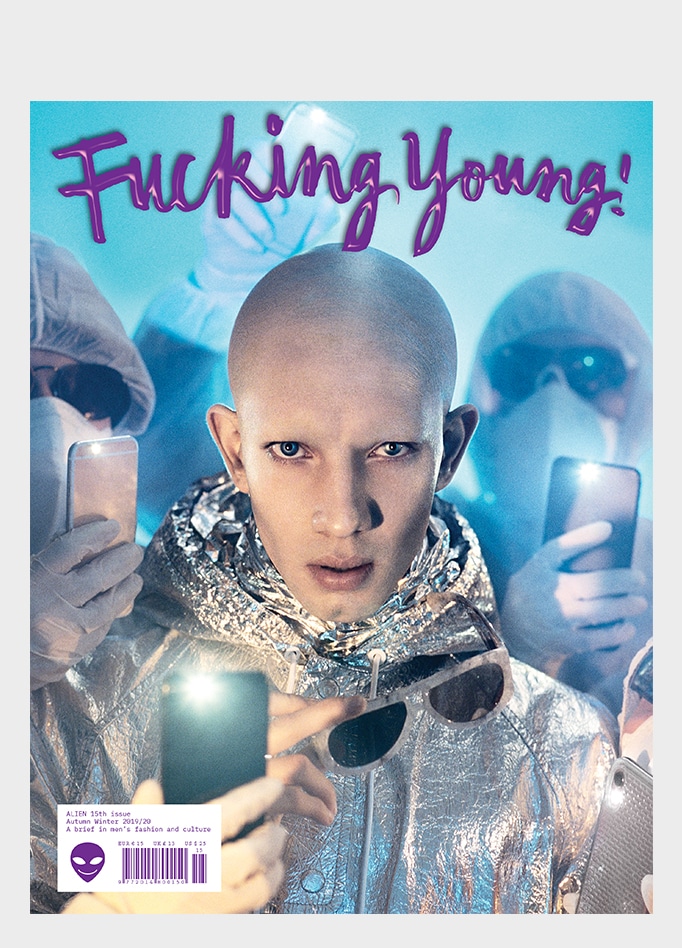Berlin – a city celebrated for its hyper-liberated queer culture and sexual hedonism – is the backdrop of 21-year-old Finn Ronsdorf. Raised in a small village in the Black Forest of Germany, he discovered early on that there must be more than a dictated path through life and that it can be found only within oneself. Looking for more than the casual encounters that define so many in the city, Finn’s songs question the concept of a love based on jealousy and possession. Why do we flee from loneliness? Why do we look for somebody to fill our emptiness? Why is there a constant need for achievement? Each song takes the listener on a journey – teetering between playful parody and heartbreaking anguish. This summer Finn released the very touching ‘First Time’ Leo Adef directed music video, taken from his debut EP ‘Odes’.
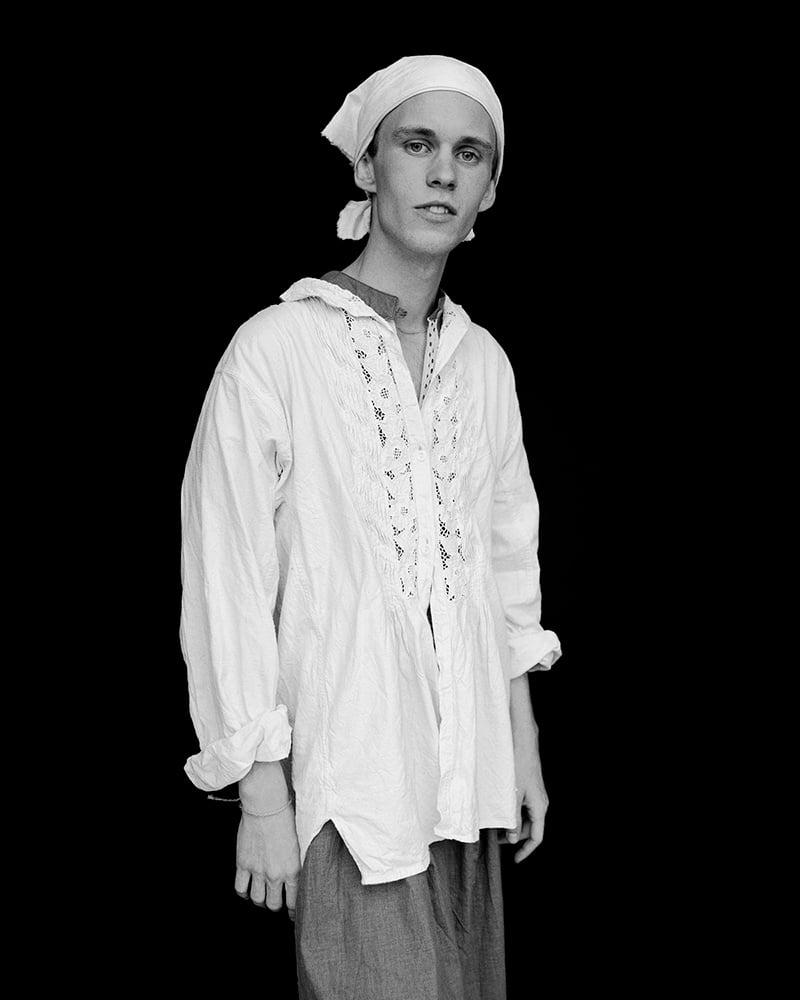
Finn Ronsdorf by Jose Cuevas
I can feel a strong influence from the blues in your music, could you tell me a little bit more about your personal story with the genre?
I don’t know if there’s a personal story. I don’t know why we’re fascinated by one thing and pushed away by another. I think this is the principle of life: We hear something beautiful and instantly we desire to make it ours in order to become more than what we are. It’s the same process when you see a pretty boy or a girl, or a house, or a car and you want to possess it. I was instantly moved by blues -and soul singers and over time their melodies and phrasing became integrated into my own organism. We become the things we gather. My body, my thought, isn’t all of that gathered? I wonder if ‘influences’ exist at all because that would imply there is a ‘me’ and ‘the other’, which influences. Does this thing that I call ‘myself’ consist of anything else than my influences? Which means, can we be separated altogether?
In your latest single ‘First Time’ there’s a line that says: “Open your eyes for the first time, don’t be scared no more, forget society’s anxieties, and come to me”. Frequently our own anxieties are a mere reflection of society’s anxieties, so in that sense do you reckon we shall be more egotistical in order to build a more liberated society?
Certainly not more egotistical, but more integrative. Which basically means to see what is happening within ourselves already anyway, but has yet remained in the dark. We have to take our own thought pattern into account. We go around thinking the world is so and so, we have our concepts, images, ideas and then we look at something through those. We never look at the image or the image-maker. We live within ourselves, don’t we? So there is no way out of that. Now it’s on us whether we only observe what is happening in this society and interpret it through our own conditioning, or if we integrate the one observing, too. Because clearly, he is part of society. So observation of one’s self has nothing to do with egotistical behavior, it might only mean our daily egotistical behavior which unconsciously goes on anyway, comes to the surface.
Really loved the painting you did for ‘First Time’ cover, is it me or there’s a little Francis Bacon influence on it? When did you start painting?
That’s you! But I guess this again highlights, that we look at things through our own thought pattern. We always find similarities between things we like. Looking through our own experience, which is the past, we interpret the things of the present. That gives us safety, no?
I started painting before singing, and in a way, painting was my entry into music; from the visual to the hearing world.
Finally, in your song “Blue” you address dependency that people frequently experience from one another. That dependency becomes a particularly fucked up aspect when it comes to break-ups, did you experience it on a personal level? If so what was your way to deal with it?
A million times, every day. This is not the case with romantic relationships only, but we can observe that in any relationship on a daily basis. The dependency on a friend, the dependency on music, movies, everything. I think it is very important to see that. Because only if I see that, I see what dependency actually is. What is it? Isn’t it again the image, the concept you have about yourself and the other? The image of yourself being dependent? And what is an image other than a thought? A word-line or a visual image? And if I see the word line, without interfering, where is its heaviness?
Do you think losing someone’s love can be a valuable lesson?
I believe love is a momentary state of being. So it is something you yourself are at a certain moment. Life means also to let go of that state when it goes. Now there is another thing going on within our psyche and I think this is something really peculiar: this whole process of projecting an image on somebody, then storing that image and suffering when it doesn’t match reality. I believe, if there is love, there is no image at all. So in that sense, absolutely! To lose somebody you have projected an image on is a valuable lesson because very deep feelings can make you very silent and silence has a way of uncovering truth: It wasn’t love you lost or a person you lost, but an image.
Watch ‘First Time’ below:
